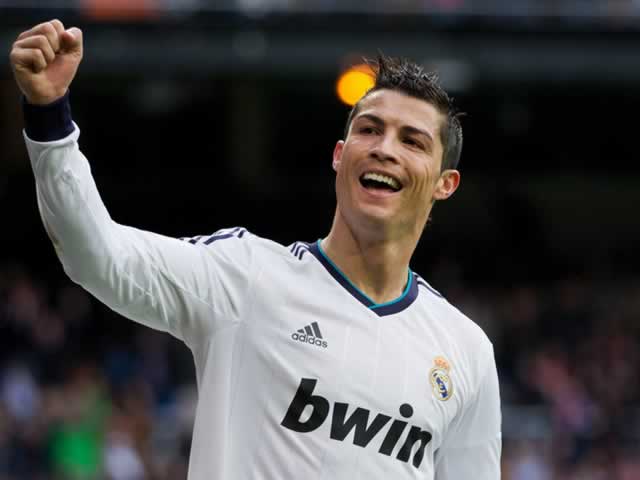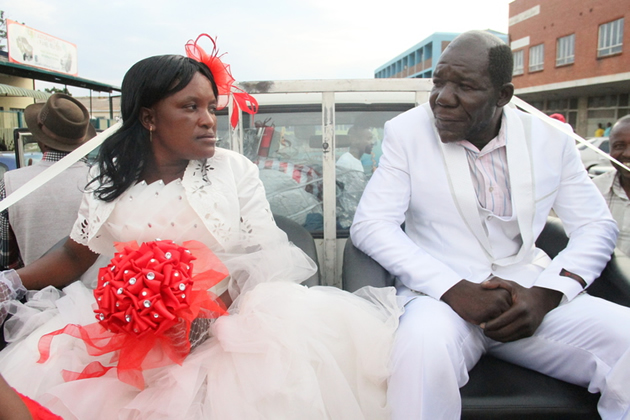Ronaldo boosts Portugal’s tourism

PARIS. — When Cristiano Ronaldo completed his stunning hat-trick against Sweden last week, he didn’t just book Portugal’s place at next year’s World Cup soccer finals in Brazil. He also had the heads of his country’s national airline, travel agents and main television station punching the air as they contemplated a massive boost from a tournament in the spiritual home of football.
As the former colonial power, Portugal has myriad business, cultural and sporting links with emerging economic heavyweight Brazil, to whom it bequeathed its language.
For a small, under-pressure economy like Portugal’s, World Cup qualification is the kind of thing that can make a difference.
The broader, macroeconomic benefits of the boost to national morale are not easy to quantify but, in certain sectors, the Ronaldo effect goes straight to the bottom line.
Just ask Goncalo Rebelo de Almeida, a board member at Vila Gale, a Portuguese hotel group that generates 40 percent of sales in Brazil.
“The Portuguese who head for Brazil to watch the World Cup are going to prefer a hotel they know,” Almeida says with relish.
For troubled national air carrier TAP, which flies more people to Brazil than any other European airline, a World Cup hosted by the five-time winners with Portugal included is manna from heaven.
Executives have already decided to bring forward the opening of new routes between Lisbon and Brazil’s northern cities of Belem and Manaus by one month to the beginning of June, a fortnight before the big kick-off.
Similar bonanzas are being anticipated by public broadcaster RPT, which gambled heavily on Ronaldo’s talent when it shelled out for the broadcasting rights to Brazil, and the Seleccao (national squad)’s principal sponsors.
They include brewer Sagres, the BES bank and TMN, the mobile arm of Portugal Telecom, which has recently merged with Brazilian operator Oi.
Experts in France have poured cold water on suggestions that the national team, Les Bleus’ stirring comeback against Ukraine in their qualifying play-off will provide the country’s stagnating economy with the shot of adrenaline it so badly needs.
But France is a big economy, by definition much harder to turn around, and, as Manchester United legend Eric Cantona is fond of reminding his compatriots, it is also not a country that lives and breathes football.
That cannot be said of Portugal or of Croatia, which also came through a play-off last week, joining Greece in the group of four countries to claim the final tickets from Europe to Brazil.
The high stakes involved for Croatia’s services-based economy were underlined by a headline in newspaper Vecernji List: “(Coach) Niko Kovac can pull Croatia out of recession.”
On the evidence of Croatia’s latest appearances at major football tournaments, economists expect each match played by Kovac’s squad in Brazil to deliver a 50-million euro boost to national GDP: that may not sound like that much, but for Croatia the three guaranteed matches at the finals will add around 0.35 percent to annual economic output.
In Portugal you can call it the Ronaldo ripple. In Croatia it is more of a “slivovitz” effect: fans can be guaranteed to toast a victory or drown their sorrows with the fiery national drink and most of them will do it on the terrace of cafes which are counting on a 30 percent surge in business during the tournament.
“Anyone who has a cafe in Croatia gave a double cheer when we qualified — firstly as fans and secondly as businessmen,” said Dean Barac, who has two bars on the Adriatic coast.
“I’ve got a big screen TV in my cafe but just now I cannot attract anyone with it,” he said. “For Brazil I’ll have to upgrade the equipment because the matches will be played during the day and we’ll need better resolution.
“As long as Croatia gets to the second round, the investment will be worth it. Croatians love to spend after a victory.” — AFP.











Comments